Health
-

Corporatization of healthcare gets too much of a bad rap, analyst says
Healthcare analyst says outside investment can boost innovation, growth, care, but profit needs to be aligned with patient outcomes
-

Smart patch reduces cravings for alcohol and drugs
First year of recovery is ‘immensely challenging,’ researchers note. New device could be a difference maker.

-

Reeling in a big scientific discovery
William Kaelin pursued Nobel-winning findings using a fisherman’s instinct
Part of the Profiles of Progress series -
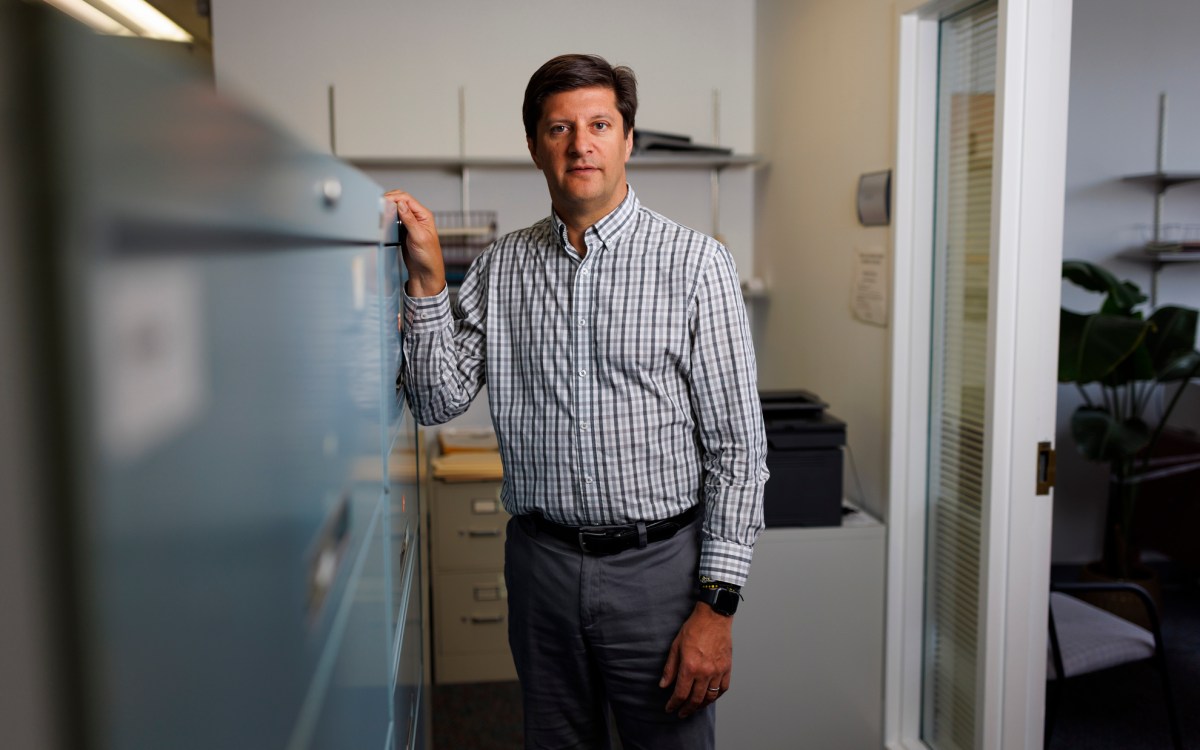
You want chocolate. You need flavanols.
Research strengthens evidence for role of inflammation in disease – especially as we age

-

Crossing line between good and bad anxiety
Psychologist offers 3 strategies to keep worry from interfering with everyday life
-

What science says about Mom’s happiness advice
Data, wisdom meet in social psychologist’s lecture
-
How serious is FDA warning about revolutionary blood-cancer treatment?
Dana-Farber Cancer Institute researcher details promise, peril of CAR T-cell therapy, which enlists body’s immune system to fight disease
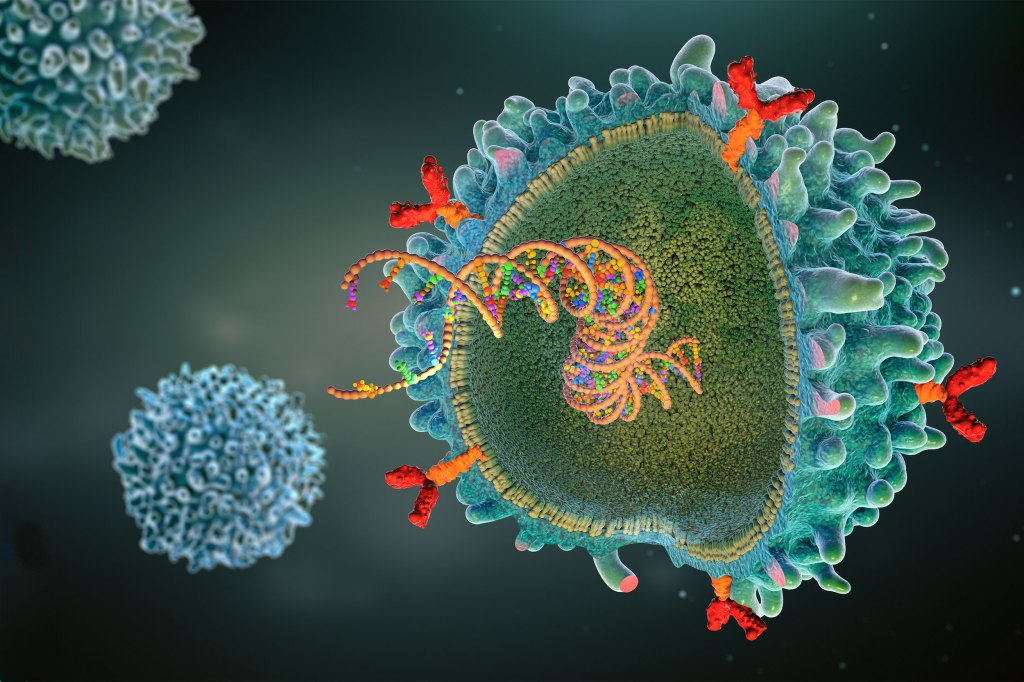
-
Don’t need high cholesterol to benefit from statins
Studies find drug protects against heart disease in high-risk groups

-
Scorecard reveals risk of dementia, stroke
Researchers developed Brain Care Score to assess how current habits will impact future brain health

-
Legacy of heading off deaths from industrial air pollution
Dominici details decades-old Harvard roots of latest findings showing particles from coal-fired power plants deadliest

-
AI may be just what the dentist ordered
Could close the gap, allowing for more equitable access to care and treatment

-
Headache or sore all over after bad night’s sleep?
Newly identified chemical link between chronic pain, sleep loss could help sever vicious cycle

-
After decades of improvement, cardiovascular health rates on worrying path
CDC report trend is stagnating — and for middle-aged, even declining

-
‘It’s much more harmful than we thought, and its mortality burden has been seriously underestimated’
Study finds particulate air pollutants from coal-fired power plants may be twice as deadly as that from other sources

-
Uncovering a culprit behind the itch
Scientists identify common microbe that activates nerve cells in the skin, igniting the urge to scratch

-
Smart trackers may predict health risks in older adults
Researchers find wearable devices detect circadian disturbances associated with age-related decline

-
‘When you’re with a patient … their suffering counts more than your suffering’
Symposium honoring late global health pioneer Paul Farmer reflects on achievements, purpose, influence of Haiti

-
‘There’s no treatment if you don’t know what you’re treating’
Network of medical detectives solves genomic mystery of boy plagued by series of life-threatening, seemingly disparate ills
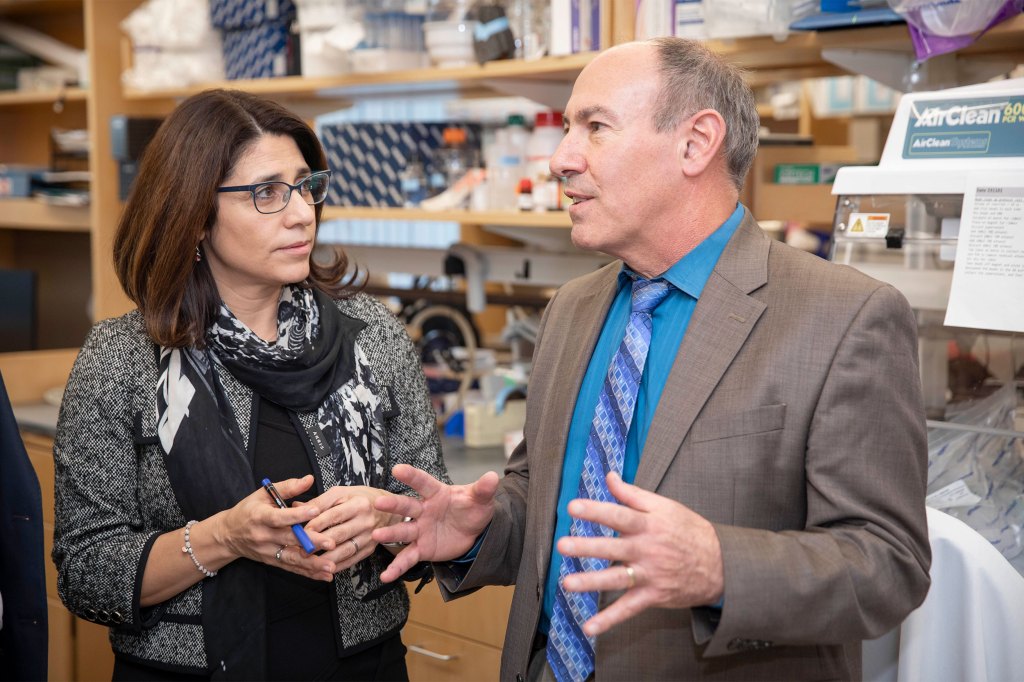
-
U.S. men die nearly six years before women, reflecting largest gap since 1996
Analysis finds COVID-19 and ‘deaths of despair’ behind trend that has been growing since 2010

-
Benefits of work-life balance extend to heart health, study suggests
Intervention benefits older, lower-wage workers at higher risk, novel Chan School study finds

-
Waistline growing? Eat more veggies — but not this kind.
Study adds starchy variety to list of culprits contributing to middle-age weight gain

-
Research shows working out gets inflammation-fighting T cells moving
Activated by regular exercise, immune cells in muscles found to fend off inflammation, enhance endurance in mice

-
How being stigmatized can harm health
Professor of Psychology Mark L. Hatzenbuehler’s course, “Stigma, Discrimination, and Health,” examines the wide-ranging problem that touches on sexuality, body weight, immigration, and poverty.
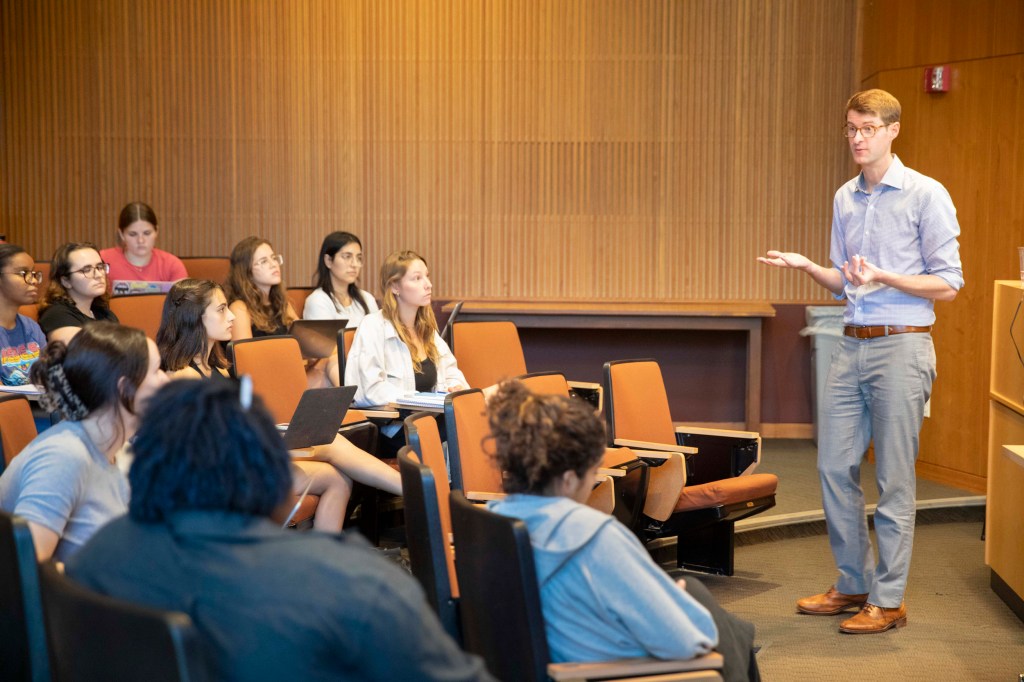
-
Hot yoga potent antidepressant in study
In a randomized controlled clinical trial, heated yoga sessions led to reduced depressive symptoms in adults with moderate-to-severe depression.

-
Erasing reminders of stigmatizing, traumatic past
Harvard Medical School-Mass General dermatologists use lasers to remove gang, trafficking tattoos, stigmatizing and often traumatic reminders of the past.

-
Worries about depressed men and IVF are unfounded
New study reveals no correlation between anxiety, regardless of antidepressant use, and IVF outcomes or live birth rate.

-
Study finds link between breastfeeding, rise in adult colorectal cancer risk
Mothers should not halt practice of breastfeeding, which offers many benefits to infants, as much more research is still needed, scientists say.

-
You think you’re fighting your anxiety, but you’re making it worse
An emotion many avoid and view as an illness may actually help us thrive, psychologist David Rosmarin says.
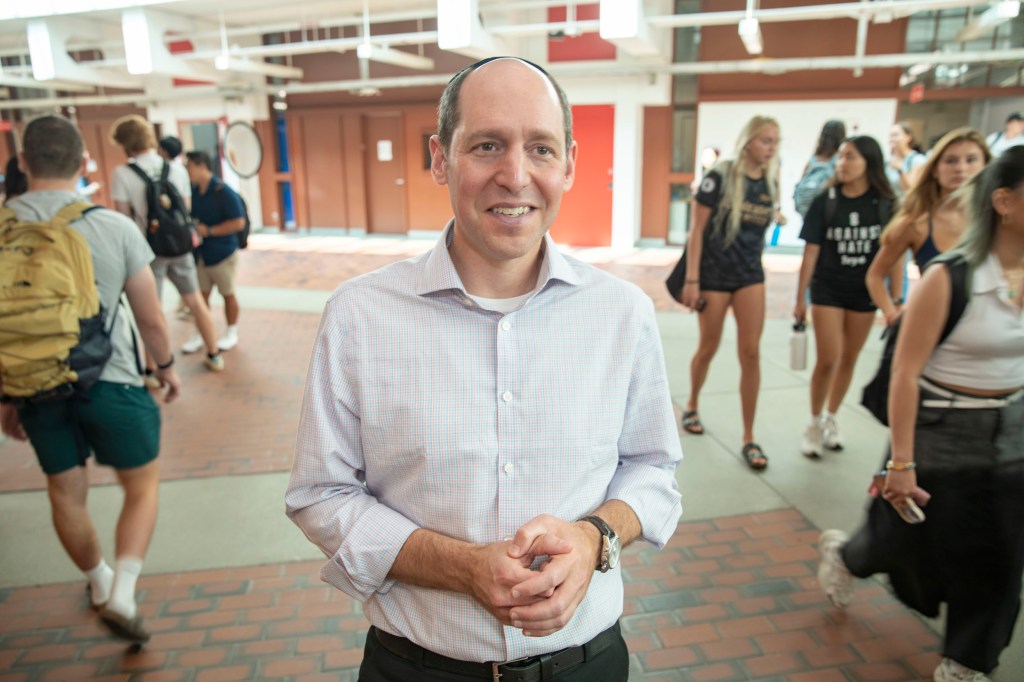
-
Gift of tulips: Surviving breast cancer
Bobbie Collins, a writer for Harvard Medical School, shares a firsthand account of her bout with the disease.
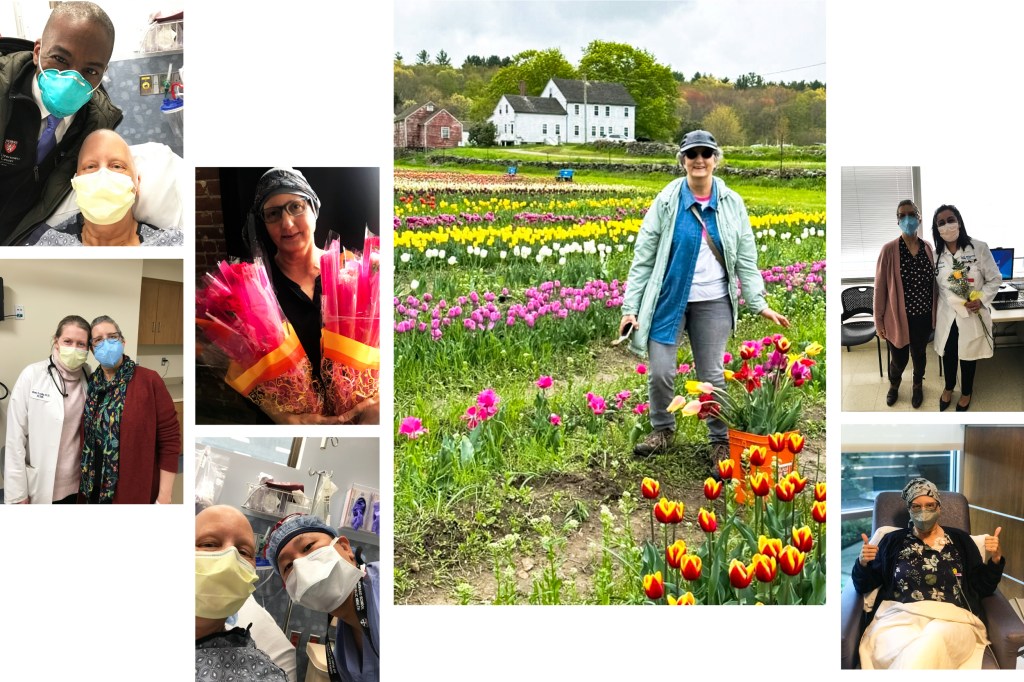
-
How social isolation, loneliness can shorten life
A new study shows that social isolation and loneliness are not same thing but can be connected, sometimes in surprising ways.

-
Wedding gift from her doctors — the ability to smile again
A complicated brain tumor surgery left Rebecca Grasso with facial paralysis. But thanks to a series of nerve transfers at Harvard-affiliated Mass Eye and Ear, she was able to smile at her wedding.

-
Less rest, more stress for the weary
New study highlights a correlation between women who sleep less than eight hours at night and developing a greater risk for hypertension or high blood pressure.

-
Tab for liver disease tied to drinking projected to double over 20 years
Researchers say planners, policymakers need to be looking to ramp up intervention programs, improve treatment.

-
Is organic better?
Not if you follow the evidence, researcher says

-
Why are ineffective oral decongestants still on store shelves?
Drug regulation expert explains how the problem was discovered, next steps for FDA, and the questions it raises about other products, supplements.

-
Not getting enough sleep? That’s only half the battle.
Researchers find regularity also plays key role in long-term health and daily performance.



